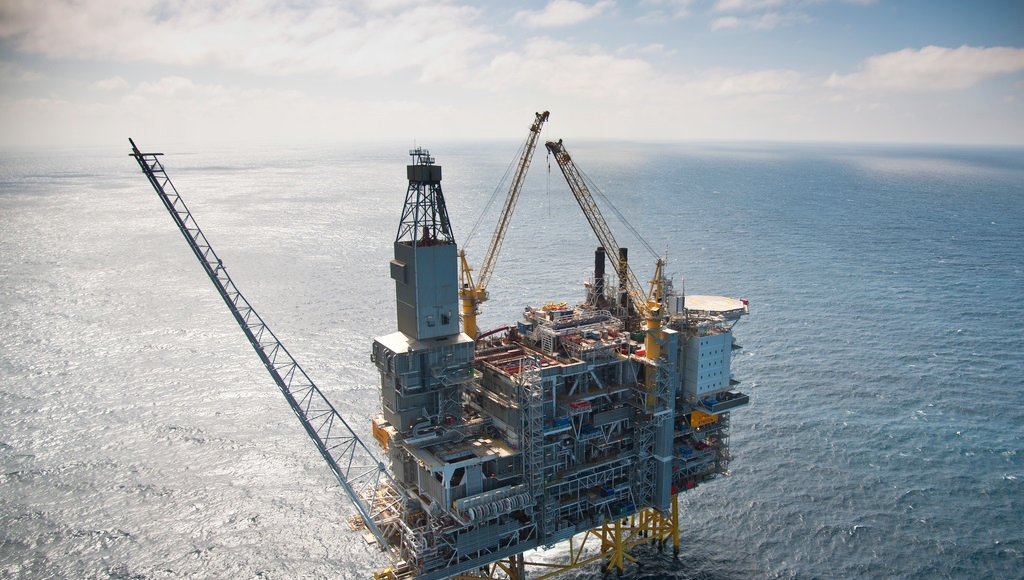(Reuters) – Oil rose more than $1 a barrel to its highest levels since March as a third promising coronavirus vaccine raised hope for fuel demand recovery and U.S. President-elect Joe Biden began his transition to the White House.
Brent crude rose $1.65, or 3.6%, to $47.22 a barrel by 11:34 a.m. EST (1634 GMT), to $47.71 a barrel. U.S. West Texas Intermediate crude gained $1.89, or 4.4%, to $44.95 a barrel. Both benchmarks reached their highest since March 6.
AstraZeneca on Monday said that its COVID-19 vaccine was 70% effective in trials and could be up to 90% effective, giving the fight against the pandemic another potential vaccine after positive results from Pfizer-BioNTech and Moderna.
“The possibility of having a vaccine next year increases the odds that we’re going to see demand return in the new year,” said Phil Flynn, senior analyst at Price Futures Group in Chicago.
The coronavirus pandemic, coupled with the collapse of an OPEC-led output pact, sent prices crashing in March.
After the collapse of that output pact led to a brief Saudi Arabia-Russia price war, the Organization of the Petroleum Exporting Countries and allies agreed a new deal on record production cuts to support prices.
The group known as OPEC+ is expected to roll over those cuts into 2021 after a meeting over Nov. 30 to Dec. 1 following technical talks this week.
In addition, the Trump administration gave Democrat Joseph Biden access to resources that will enable him to take over in January after delaying for weeks despite Trump’s loss in the Nov. 3 presidential election.
The first of this week’s U.S. supply reports is due at 4:30 p.m. EST (2130 GMT) from the American Petroleum Institute.
U.S. crude oil inventories are seen rising slightly last week, while distillate stockpiles likely declined for the 10th straight week, an extended Reuters poll showed.



